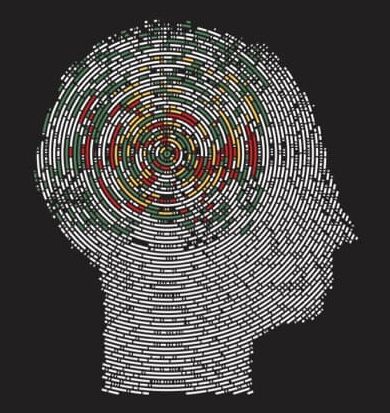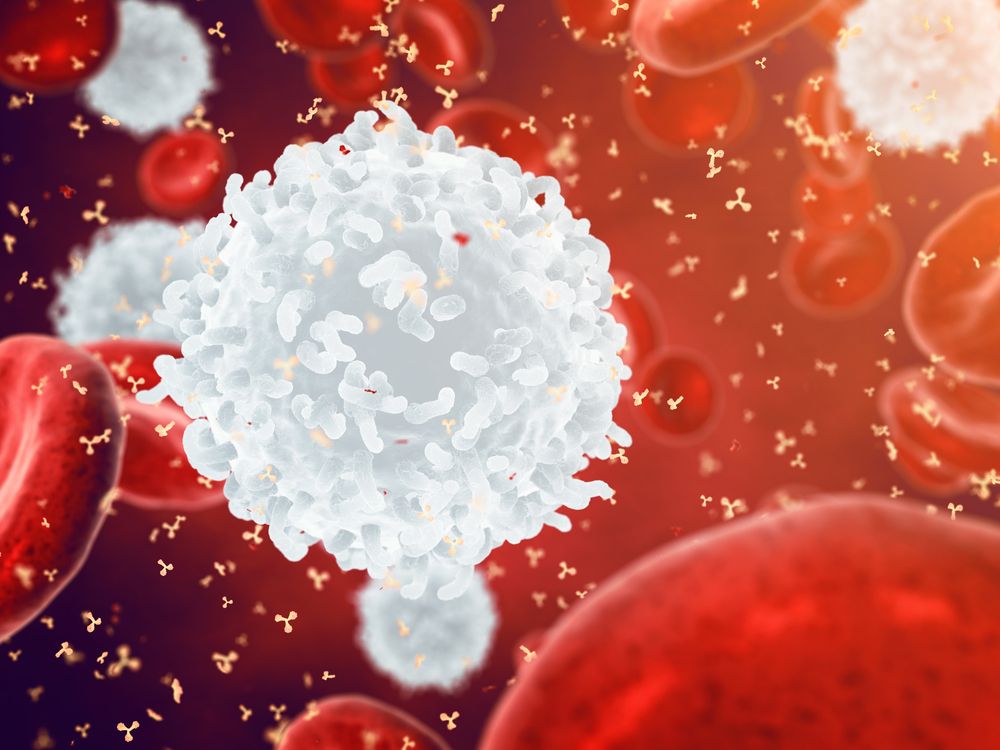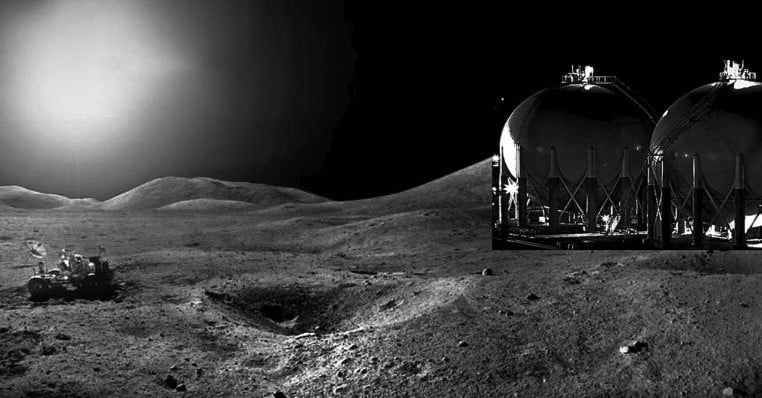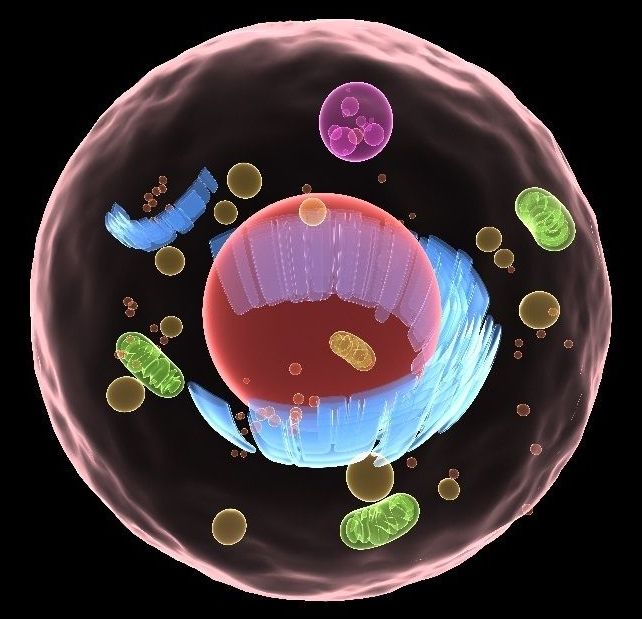Page 9736
Jan 15, 2018
Researchers Discover a New Warning System in the Immune System
Posted by Nicola Bagalà in category: biotech/medical
A new immune mechanism that uses mitochondrial DNA was discovered by Swedish researchers.
Researchers at Linköping University in Sweden have discovered a new kind of warning system that plays a role in the immune system. Mitochondria in the white blood cells produce a web of DNA fibers that act as a kind of alarm.
The Mitochondrial web slinger
Continue reading “Researchers Discover a New Warning System in the Immune System” »
Jan 15, 2018
Lunar lava tubes may provide access to vast polar ice reservoirs on the moon
Posted by Klaus Baldauf in category: alien life
Analysis by scientists at SETI indicate that subterranean lava tubes on the moon may provide access to massive underground glaciers.
Jan 15, 2018
The next revolution in dental care is about to begin
Posted by Shane Hinshaw in category: biotech/medical
New high-tech treatments may be able to repair cavities without fillings and even regrow entire teeth.
Jan 15, 2018
Researchers Report These Drugs Could Prevent Alzheimer’s Disease
Posted by Brady Hartman in categories: biotech/medical, neuroscience
Drugs shown to prevent Alzheimer’s in Mice.
Researchers suggest that rapamycin, metformin, and NAD boosters may be simple and inexpensive ways to prevent Alzheimer’s disease.
Jan 15, 2018
Bioquark Inc. — Dr. Gayle Carson / Living Regret Free — Ira Pastor
Posted by Ira S. Pastor in categories: aging, biotech/medical, cryonics, DNA, futurism, genetics, health, life extension, neuroscience, science
Tags: bioquark, biotech, biotechnology, health, healthspan, Life extension, lifespan, wellness
Jan 15, 2018
Future of Revolutionary Field That Targets Aging to Increase Life Span
Posted by Brady Hartman in categories: biotech/medical, life extension
The future of lifespan extension science by the head of US research, Felipe Sierra.
Summary: These scientists aim to increase life span in humans. This report provides a glimpse into the future of a revolutionary scientific field called geroscience that seeks to slow down the chronic diseases of aging to increase life span and health span. Part 4 of a 4-part essay titled Geroscience by Felipe Sierra. [With an introduction by Brady Hartman. ]
Scientists in the geroscience field aim to slow down the chronic diseases of aging and increase life span in humans.
Continue reading “Future of Revolutionary Field That Targets Aging to Increase Life Span” »
Jan 15, 2018
Why Do We Age? The Disposable Soma Theory Answers the Riddle
Posted by Brady Hartman in categories: evolution, life extension
Summary: Why Do We Age? Scientists answer the question with the latest evolutionary theory of aging, the disposable soma theory, which supports the longevity benefits of calorie restriction. With commentary by leading geroscientist, Tom Kirkwood. [This article first appeared on the website LongevityFacts.com. Author: Brady Hartman. ]
The process of aging, or growing old, presents an apparent contradiction to people who believe in Darwin’s theory of evolution. Aging increases the vulnerability of an organism, which ultimately leads to its death. How could evolution favor a process that gradually increases mortality and decreases the ability to reproduce?
Leading scientists have found an answer to this puzzling contradiction and offer us new theories to explain why we age and die using evolutionary theory – the idea that aging confers an evolutionary advantage.
Continue reading “Why Do We Age? The Disposable Soma Theory Answers the Riddle” »
Jan 15, 2018
Garry Kasparov on Artificial Intelligence, Technology and Politics, and AlphaZero Chess
Posted by Müslüm Yildiz in categories: innovation, robotics/AI
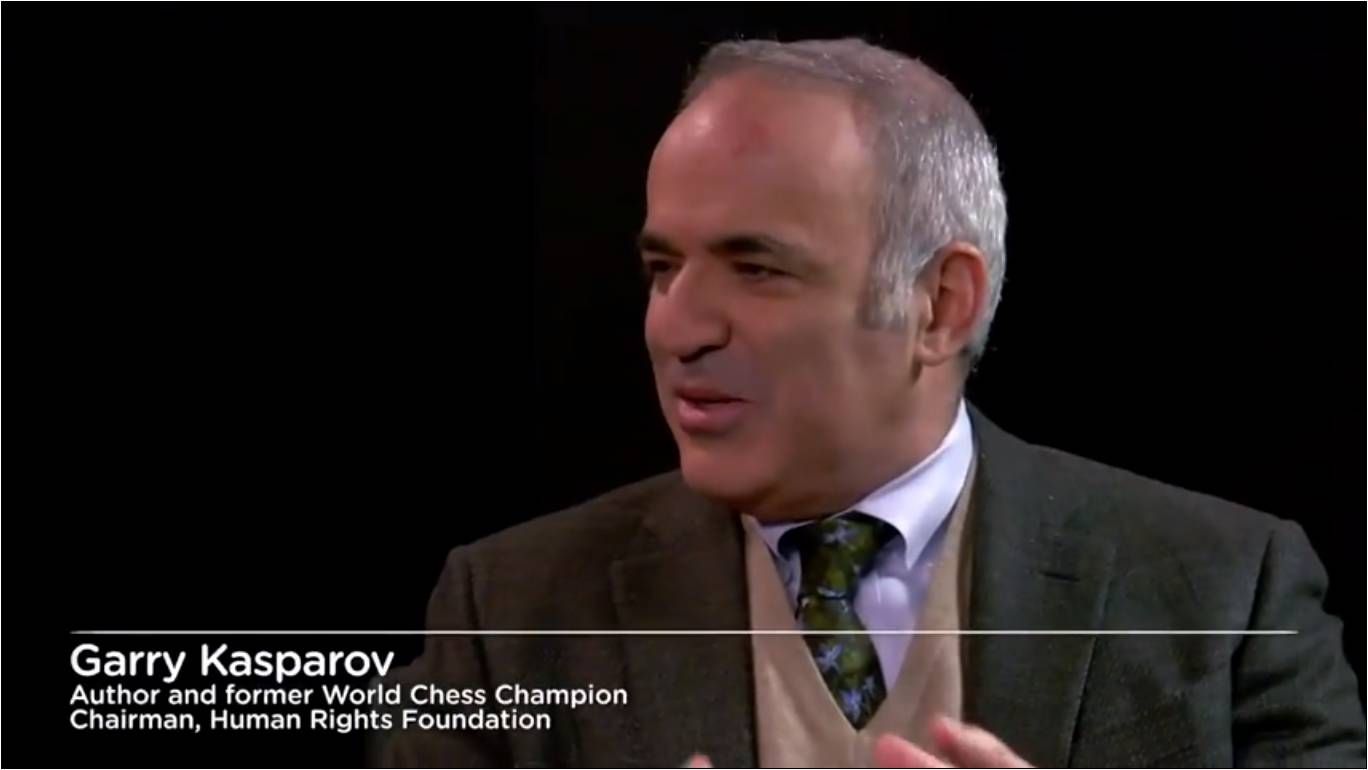
Former world chess champion and human rights activist Garry Kasparov discusses artificial intelligence and the political and social implications of it.
Drawing on his recent book “Deep Thinking,” Kasparov outlines what he considers the potential of new technologies built on “machine learning.” Kasparov explains why free societies must prioritize technological progress and embrace the challenges associated with innovation. Finally, Kasparov considers the new artificial intelligence chess program, AlphaZero—what we can learn from it about chess, as well as the relationship between humans and machines.
Jan 15, 2018
Main Pillars of Research in Revolutionary Geroscience Field
Posted by Brady Hartman in categories: biological, life extension
Part 2 of a 4 part article titled Geroscience… written by Felipe Sierra the US head of research in aging biology…
Part 2 of the 4-part essay” Geroscience” by Felipe Sierra. This segment explores the main pillars of aging biology research.
